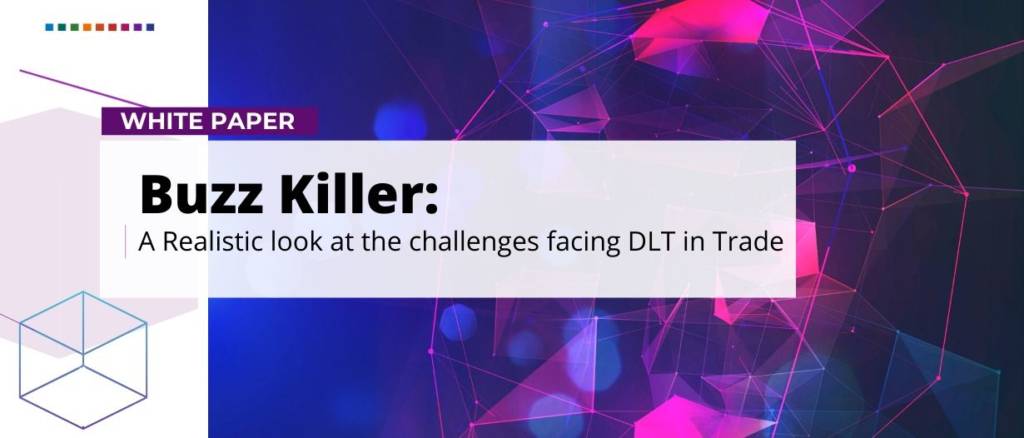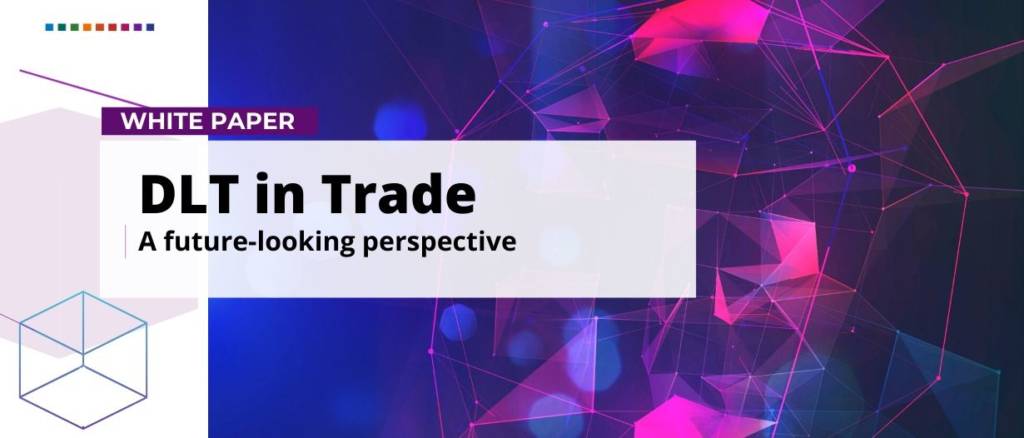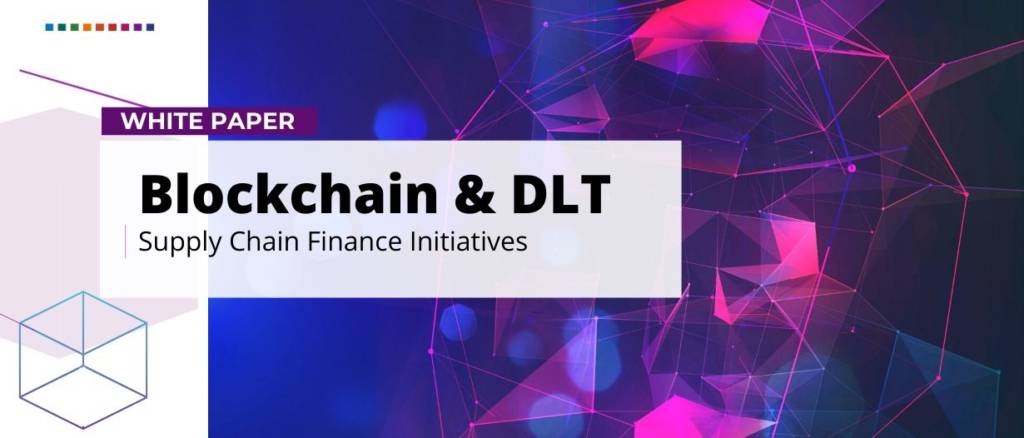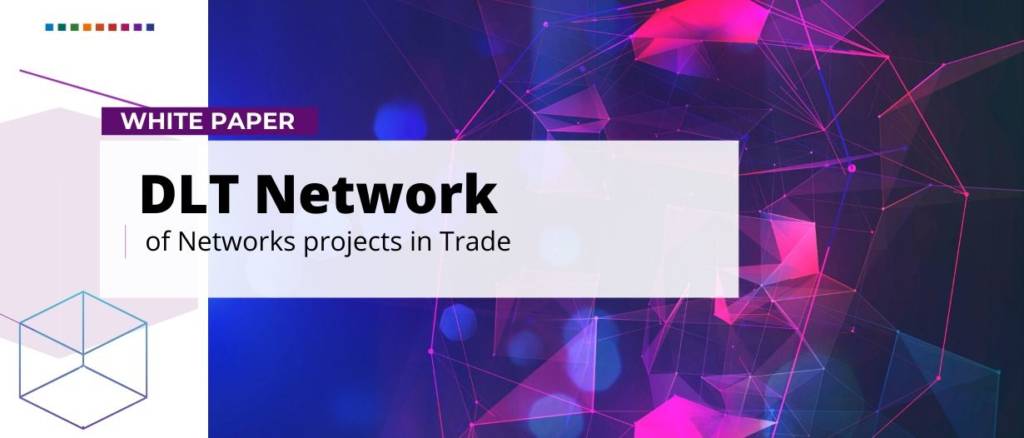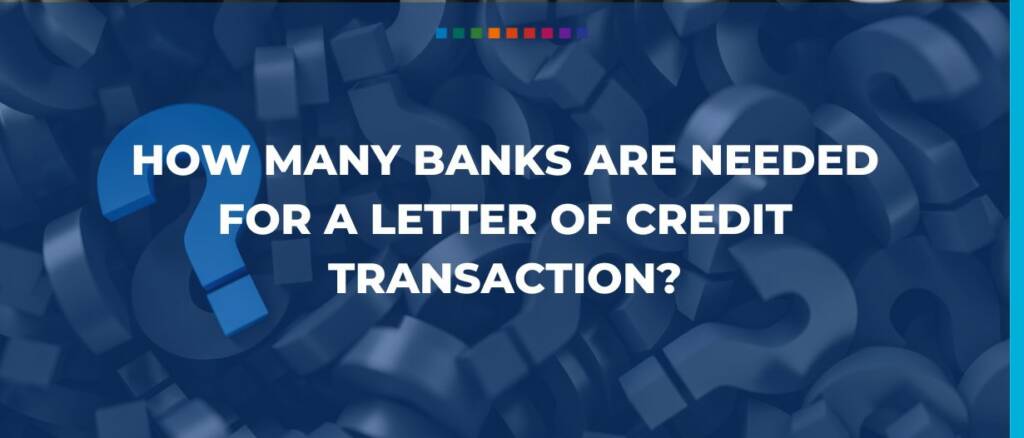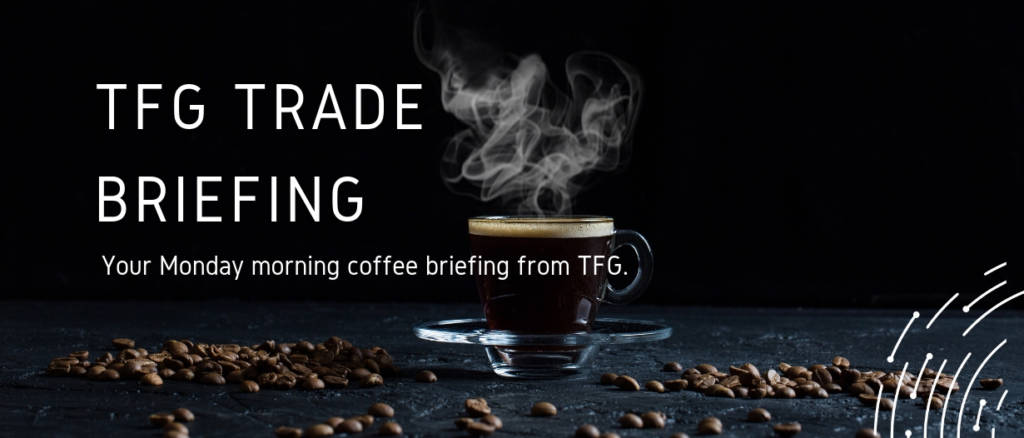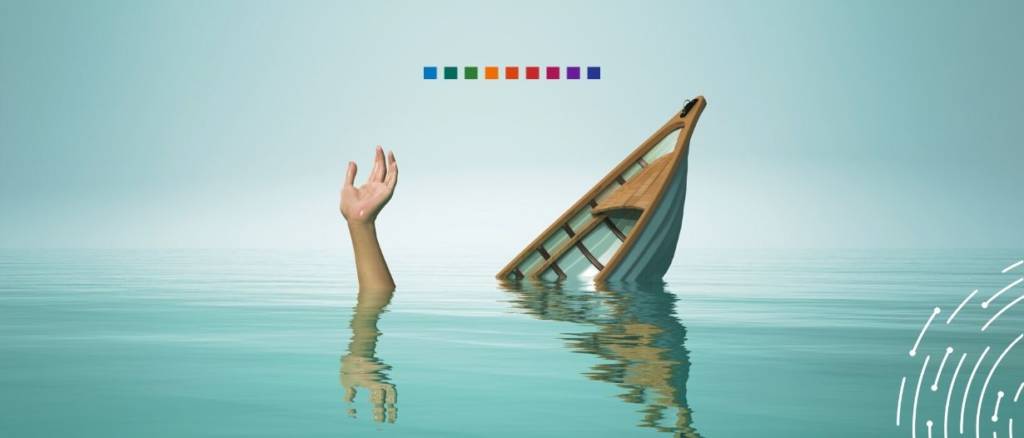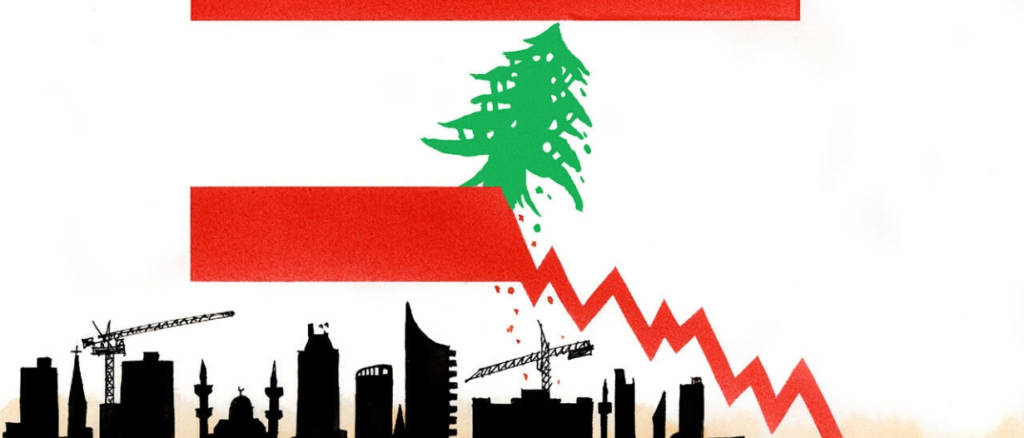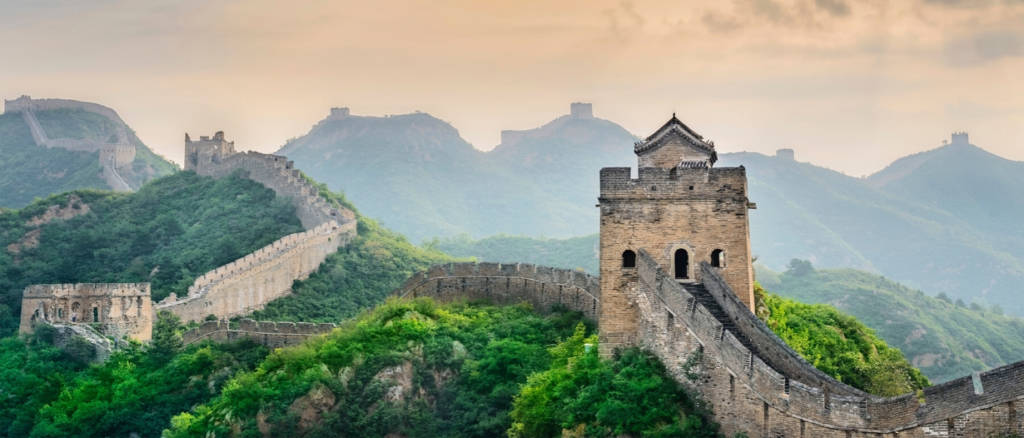While discussing the many opportunities that DLT has may inspire dreams of an Arcadian future, it is crucial to take a step away from utopia and understand the real problems… read more →
With opportunities in mind and challenges addressed, we are free to look ahead to what the experts believe the future of the industry has in store. According to our survey… read more →
HaloTrade Halotrade is a blockchain-enabled fintech startup focused on the delivery of sustainable supply chain financing. Founded to help curb the issue of disengagement in supply chains, Halotrade creates a… read more →
Networks of networks are initiatives looking to harmonize the goals and efforts other varied initiatives. These projects are an excellent step towards standardizing the industry and bringing all players onto… read more →
There is a common miss-conception that four or five multiple banks must be involved to manage letter of credit transactions. These multiple banks include credit issuing banks, advising banks, negotiating banks, confirming banks, and reimbursing banks. What is less understood is that these “banks” are functions, not necessarily physical banks. The trade finance functions these banks perform in a transaction can be done by separate banking institutions or by one bank under UCP 600 guidelines (Uniform Customs and Practice for Documentary Credits, ICC Publication 600).
Your Monday morning coffee briefing from TFG. Here are some of the last week’s updates from the trade sector. 25th November 2019.
While Boris Johnson’s record for winning votes in Parliament is rather poor (one out of seven) he did, at least, get a majority of thirty for getting his deal through, even if it wasn’t within the timeframe he wanted. In the end, he missed his deadline and was forced down an alternative path.
There is no doubt that the new Incoterms® 2020 are very usable in the context of trade within the Europe/Central Asia land mass and transported by land, just as the 2010 and earlier versions were.
For over a month, political and economic tensions have been troubling the small middle-eastern nation. As turbulent exchange rates wreak havoc on the country’s economy, many are asking: what’s next?
The macroeconomic indicators used to analyse China’s economy over the past few years include economic growth and trade, monetary and fiscal policy and inflation trends.















